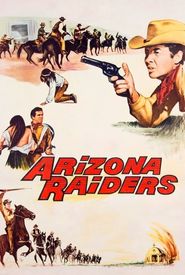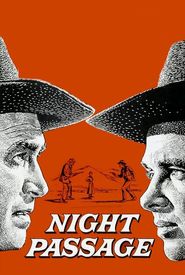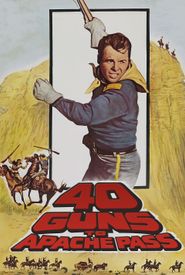Willard W. Willingham, a multifaceted individual with a profound impact on the world of entertainment, came into this world on September 17, 1915, in the picturesque town of Flagstaff, Arizona, USA.
As a talented thespian and wordsmith, Willingham left an indelible mark on the film industry, garnering recognition for his captivating performances in a wide range of cinematic endeavors. Some of his most notable works include the 1969 cinematic masterpiece "A Time for Dying", the 1967 action-packed western "40 Guns to Apache Pass", and the 1961 drama-filled "Battle at Bloody Beach".
Throughout his illustrious career, Willingham's dedication to his craft and his unwavering passion for storytelling earned him a reputation as a master of his craft. His contributions to the world of entertainment continue to be celebrated and cherished to this day.
As the years went by, Willingham's remarkable life came full circle, and on July 21, 2013, he peacefully passed away in Los Angeles, California, USA, leaving behind a legacy that will forever be etched in the annals of cinematic history.


























